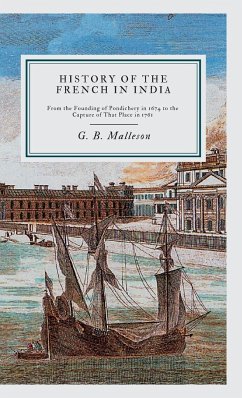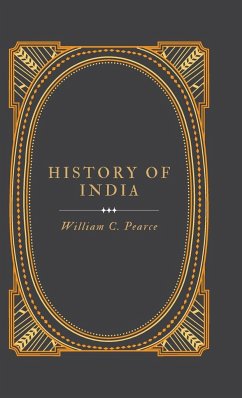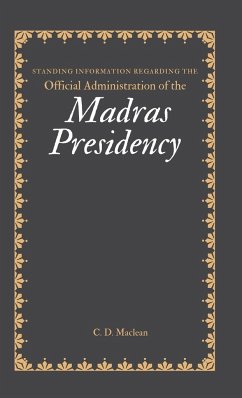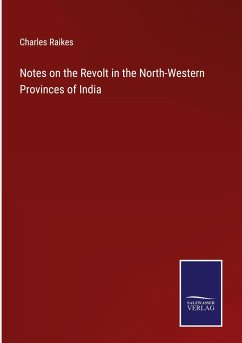
Karl Marx
Gebundenes Buch
Notes on INDIAN HISTORY
Versandkostenfrei!
Versandfertig in 1-2 Wochen
Weitere Ausgaben:

PAYBACK Punkte
13 °P sammeln!




Notes on INDIAN HISTORY
Karl Marx, born on May 5, 1818, in Trier, Prussia, was a philosopher, economist, and revolutionary socialist. He studied law and philosophy at the universities of Bonn and Berlin, developing a keen interest in Hegelian philosophy. In 1841, Marx earned his doctorate from the University of Jena.In 1843, Marx moved to Paris, where he became involved in radical political circles and met Friedrich Engels, who would become his lifelong collaborator. Together, they co-authored "The Communist Manifesto" in 1848, articulating the principles of communism and advocating for the proletariat's uprising. Marx's critical analysis of capitalism culminated in his seminal work, "Das Kapital," published in 1867.Marx spent his later years in London, continuing his writing and political activism despite enduring financial hardship and health issues. He was actively involved in the International Workingmen's Association, promoting international socialism. Marx passed away on March 14, 1883, in London, leaving a profound legacy that influenced various political movements and ideologies worldwide.

Produktdetails
- Verlag: MJP Publishers
- Seitenzahl: 180
- Erscheinungstermin: 1. Juni 2023
- Englisch
- Abmessung: 222mm x 145mm x 13mm
- Gewicht: 365g
- ISBN-13: 9789355275578
- ISBN-10: 9355275579
- Artikelnr.: 68300553
Herstellerkennzeichnung
Libri GmbH
Europaallee 1
36244 Bad Hersfeld
gpsr@libri.de
Für dieses Produkt wurde noch keine Bewertung abgegeben. Wir würden uns sehr freuen, wenn du die erste Bewertung schreibst!
Eine Bewertung schreiben
Eine Bewertung schreiben
Andere Kunden interessierten sich für











